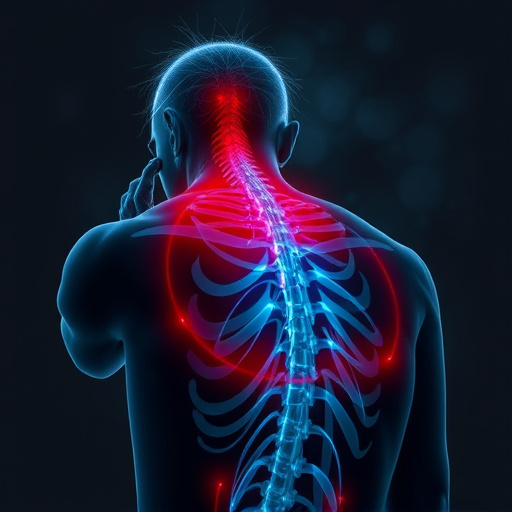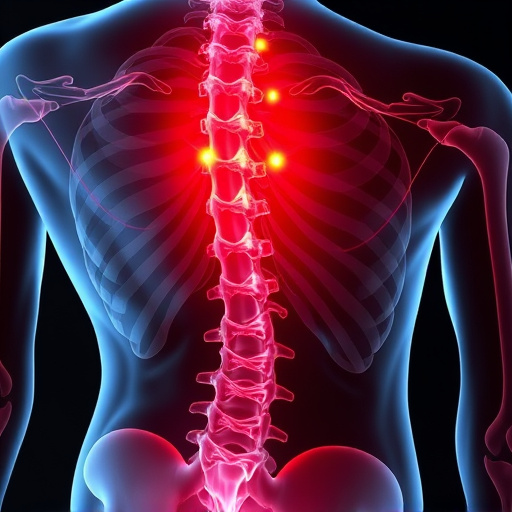Spine injury workers comp claims are vital for supporting employees with work-related spinal traumas, requiring immediate reporting of symptoms like acute pain, numbness, or weakness. The process involves complex medical assessments, legal procedures, and rehab services focusing on pain management and nerve relief for lower back conditions, such as herniated discs. A holistic approach includes emotional support, counseling, and therapeutic interventions to aid recovery, enabling individuals to regain mobility, relieve persistent pain (e.g., sciatica), and resume daily activities through personalized, non-invasive treatments.
In many industries, workers face the risk of severe spine injuries, leading to complex medical and financial challenges. Understanding the intricacies of spine injury workers’ compensation (spine injury workers comp) claims is crucial for both employers and employees. This article explores real patient outcomes from spine injury workers comp support, delving into navigating support services for better recovery, and measuring success through compelling recovery stories. By examining these aspects, we provide valuable insights into enhancing patient care and ensuring just compensation.
- Understanding Spine Injury Workers Comp Claims
- Navigating Support Services for Better Patient Outcomes
- Measuring Success: Real Stories of Recovery and Compensation
Understanding Spine Injury Workers Comp Claims
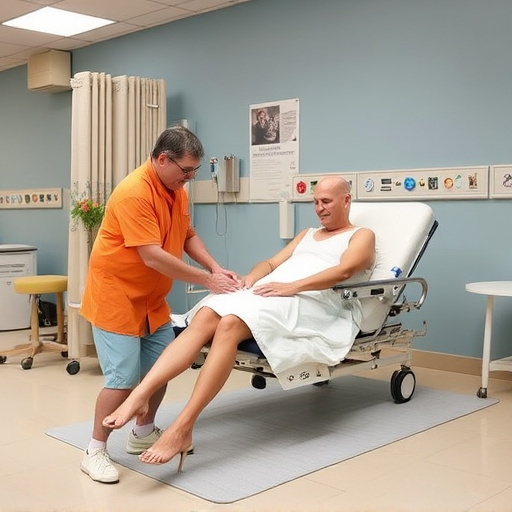
Spine injury workers comp claims are a critical aspect of ensuring just and timely support for individuals suffering from work-related spinal injuries. These claims often arise when a worker experiences trauma or develops a condition that affects the spine due to their job responsibilities. Understanding the nuances of these claims is essential for both employers and employees, as it involves navigating complex medical assessments, legal procedures, and rehabilitation processes.
The process begins with recognizing symptoms such as acute pain, numbness, or weakness in the back, legs, or arms, which could indicate a spine injury. Employees should promptly report these issues to their employers, who are legally obligated to facilitate proper medical attention and potential workers comp claims. This often includes specialized assessments, imaging studies, and consultations with orthopedic specialists or neurosurgeons. Effective rehab services, focusing on pain management and pinched nerve relief, play a pivotal role in helping individuals recover from lower back pain associated with spine injuries.
Navigating Support Services for Better Patient Outcomes
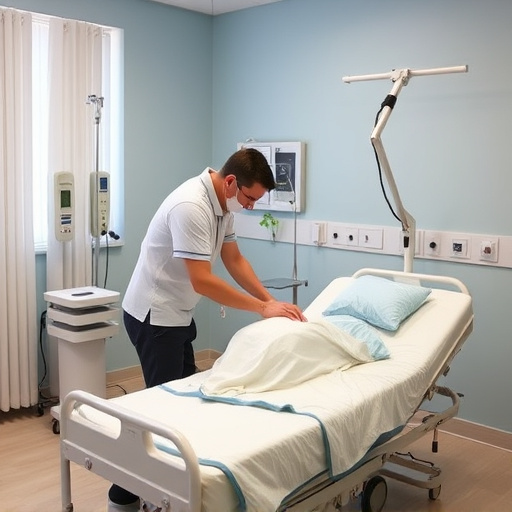
Navigating Support Services for Better Patient Outcomes
When individuals sustain a spine injury on the job, access to comprehensive support services is paramount for optimal patient outcomes. These services extend beyond medical care and encompass various therapeutic interventions tailored to address specific needs. By integrating herniated disc treatment, therapeutic exercises, and personalized rehabilitation programs, patients can enhance their recovery journey. The role of healthcare professionals in coordinating these efforts is crucial, ensuring a seamless transition from acute care to long-term management.
Effective support systems facilitate not only physical healing but also emotional well-being. This holistic approach includes counseling, support groups, and adaptive strategies to help individuals cope with the challenges posed by their injuries. As patients navigate the complexities of workman’s comp claims, these services become a beacon of hope, enabling them to regain control over their lives and transition smoothly into sports injury recovery or return to work with modified duties.
Measuring Success: Real Stories of Recovery and Compensation
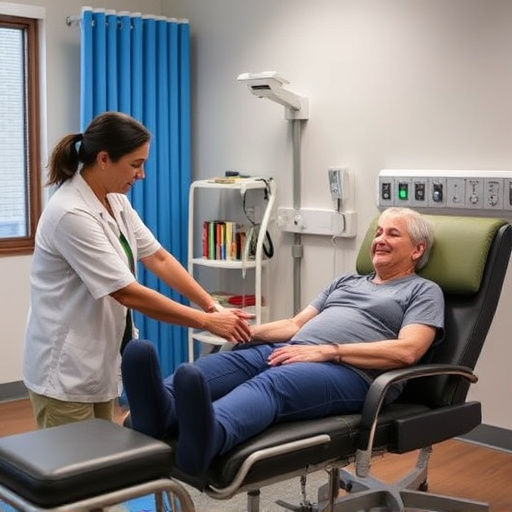
Measuring success in spine injury workers comp cases involves looking beyond numbers and delving into real patient stories. It’s about understanding the profound impact of personalized treatment plans on individuals’ lives. What constitutes a successful recovery? For many, it’s the ability to resume daily activities, regain mobility, and find relief from persistent pain, especially sciatica. These victories are often achieved through non-invasive treatments tailored to their unique needs.
By focusing on patient outcomes, we recognize that compensation is not merely about financial support. It’s a crucial aspect of enabling individuals to access quality care, receive appropriate sciatica treatment, and navigate their journey towards recovery. These stories highlight the importance of personalized approaches, ensuring that each patient receives the best possible care for their specific spine injury.
The journey towards recovery from a spine injury can be challenging, but with appropriate spine injury workers comp support services, patients can navigate this path more effectively. By understanding claim processes and leveraging dedicated support, individuals can achieve better outcomes and secure fair compensation. Real-life stories of successful recovery highlight the impact of comprehensive care and compensation, emphasizing the importance of accessing these resources for those facing spine injuries in the workplace.









